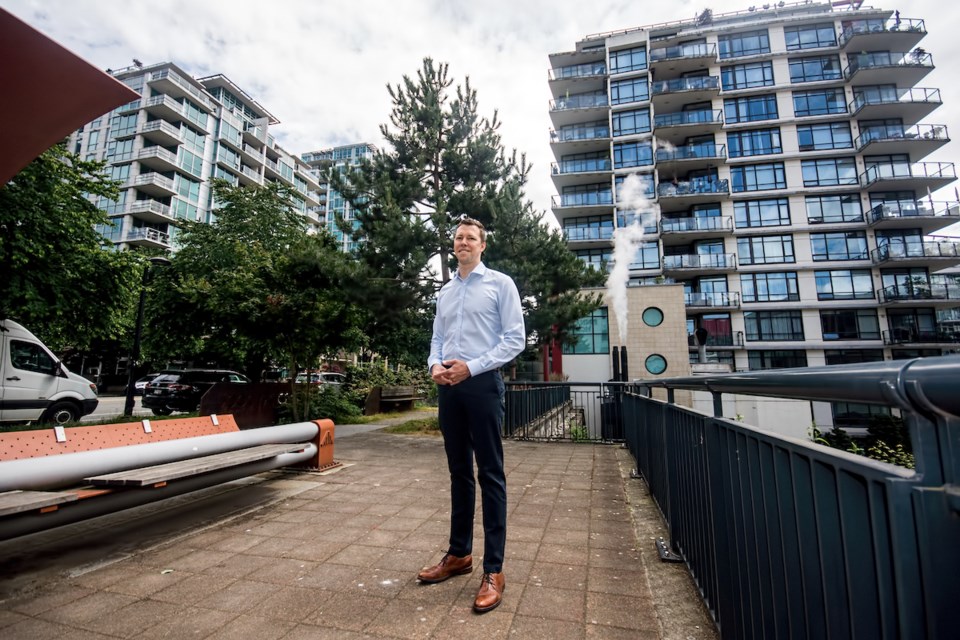Reverberations from COVID-19 are shaking up the Metro Vancouver’s rental-home market, where the tourism downturn has forced some landlords to stop renting homes via sites such as Airbnb and instead seek long-term tenants.
Job losses and reduced wages also play into the mix as many people will look for lower-priced accommodations.
“My general belief is that a long slowdown would be bad for rents and home prices,” said Tom Davidoff, director of the University of British Columbia’s Centre for Urban Economics and Real Estate. “When I say bad for the market, I mean the price goes down, not that it is bad from a social welfare perspective.”
He added that rental demand could rise in pockets of Metro Vancouver. Suburban homes may be more desirable to renters who plan to work from home and do not need to spend a premium to live near downtown Vancouver.
Davidoff agreed with Real Estate Investment Network senior adviser Don Campbell, who recently told Business in Vancouver that the pandemic could be a “psychological shock” to over-leveraged homeowners and investors, who may decide to scale back large mortgages and exposure to real estate investments.
Small-business owners hammered with forced business disruptions may also decide to sell their homes to provide capital for their businesses, Davidoff suggested.
Asking prices for Metro Vancouver rental units have already declined, as competition for tenants has increased and prospective renters, who have been hit with less stable employment, seek lower priced homes.
The average asking price for an unfurnished one-bedroom apartment in Metro Vancouver for July ticked up about 1 per cent to $1,657, after four consecutive months of declines, according to Liv.rent, which bases its data on rental-home listings on its website.
That average asking price for July rentals is down more than 7.1 per cent compared with December.
The shift toward more demand for rentals comes as longtime real estate publication and data source REW launches rental-home listings that visitors can search.
REW has long been known as B.C.’s largest platform for searching properties for sale, and that side of the business will remain, new REW president Simon Bray told BIV.
Its shift to include rental properties would likely have occurred even without the pandemic, Bray said, but with the COVID-19 downturn “absolutely” prompting more people to seek rental accommodation, the move made even more sense.
He pointed to data from a survey of REW subscribers that showed how much the pandemic is affecting purchasing power.
It revealed that 45 per cent of respondents had either lost their job or some income due to the pandemic. About 38 per cent of survey respondents said that the pandemic had negatively or significantly negatively affected their financial ability to buy a home.
That in itself, Bray said, is likely to keep many people renting instead of buying.
About 52 per cent of respondents to the REW survey said that in early 2020 they were planning to move into a new home this year. Only 44 per cent said that such a move is likely now.
For some, the ability to have short-term rentals made affording a new home possible, and that market has crashed.
“[Pre-pandemic] if you were a landlord, you could get more money renting out your property on a platform like Airbnb than you could having a long-term tenant,” Bray said.
“That took a lot of inventory out of the long-term rental market and was bad for the affordability of rentals, generally, because tenants would have to pay more to get into a diminishing pool of stock.”
The result now, he added, is that anybody with a short-term-rental property is likely seeking longer term tenants to add stability. •



